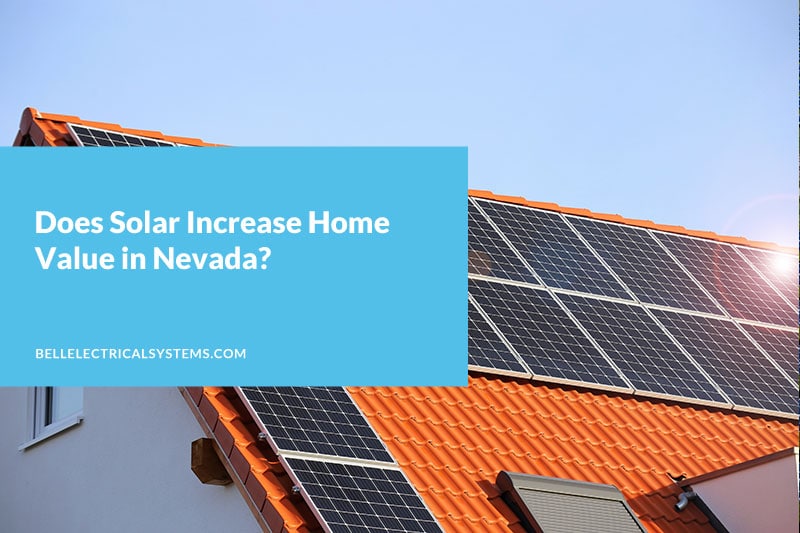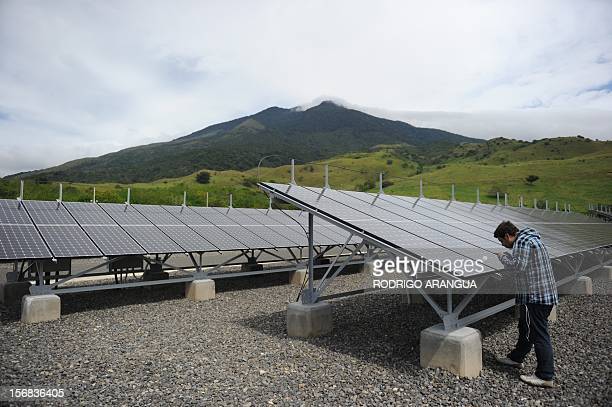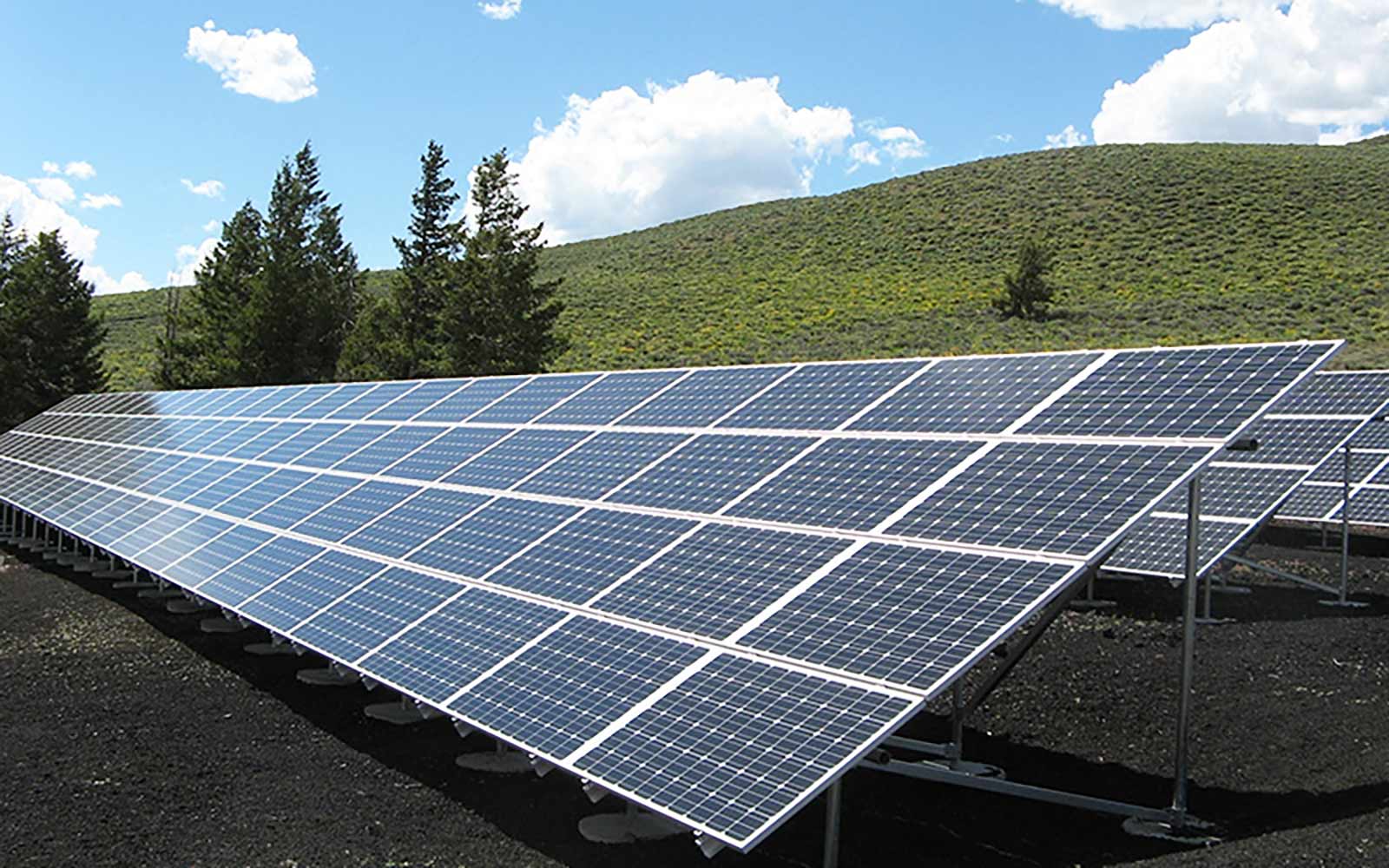
Before you start to build your DIY solar cells, here are some things that you should be aware of. First, decide how much energy your home needs. The type of panels, size and efficiency you desire are also important. The next step is to determine if you need a permit. Make sure to think about any future changes to the house. You can use an online calculator to calculate your electricity bill. Check the laws in your area and obtain any permits that you may need to make solar panels.
Cost
The cost of DIY solar panels is much lower than the cost of commercial panels. The cost of five basic panels, which includes the cost of solar cells, will be between $70 to $300. You'll have to spend more money if you want to add more solar panels. Mounting hardware and battery cables are essential for installation. You can buy most of these items online or at an alternative energy store. Once you have the basics, you can add on as your needs grow.
Size
It is important to consider the size of the DIY solar panel you are considering before buying it. 12v systems are ideal for tiny homes, camp trailers, RVs, and other small projects. For homes that require between 2,000 to 5,000 watts of power, a twenty-four-volt system or forty-volt system is the best. A 48-volt system is a better choice if your home is not connected to the grid. However, a 48v solar panel will require at least two people to properly install.

Legality
Installing DIY solar panels is best done by a professional. These professionals are familiar with electrical wiring and can assist you in planning a successful solar system. They can also assist with permits and paperwork. In some municipalities, installing DIY solar panels is illegal. Hire a professional solar installer to avoid legal problems. Here are some key considerations for DIY solar panels. Make sure to do your research before you choose the best method. This will ensure that you get the best return on your investment.
Efficiency
These are important things to remember if you're thinking about installing DIY solar panels. First, you need to determine how much power your appliances use. High-energy appliances need more power than low-energy ones, and vice versa. Multiplying the appliance's power rating with its running time will give you an estimate of how much energy each appliance consumes. You can then calculate the efficiency of your diy-solar system by determining how many watt-hours each appliance consumes.
Scaling up
A DIY solar panel system is not easy to construct. Finding quality material is the biggest challenge. It is hard to know the quality of solar cells. If the panels are not good, they can even catch fire. To avoid these problems, start by building small projects. This will allow you to control how much power you use, reduce the risk of breaking, and make it easier for DIY installation. A large system should not be built unless you have plenty of experience.
Permits
Installing solar panels on your property may require permits. You must obtain the permits from the power company or city planning department. In some cases, permits may be available online. In some cases you will need permission from your city zoning Board. Get in touch with the zoning department to determine what documentation is required. It may take a few weeks to get the permits, but it is well worth the effort.

Regulations
The proper permits are required for the construction of solar panels. To install solar cells on your property, you will need to apply for a permit in most cities. You must also follow certain building codes before you install solar panels. The internet makes it easy to find the instructions for obtaining these permits. Follow the instructions exactly. This will prevent you from getting in trouble with the law.